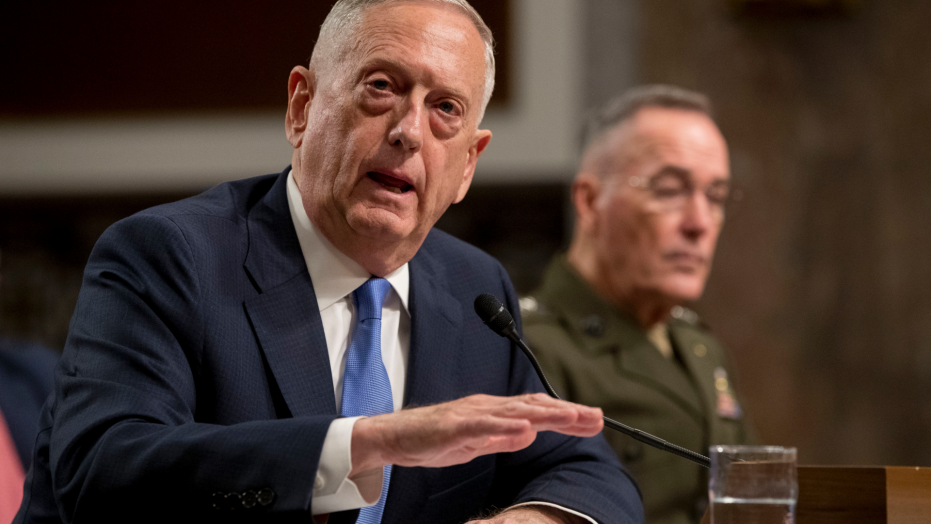188
WASHINGTON — The future of the Iran nuclear deal may hinge on a face-saving fix for President Donald Trump so he doesn't have to recertify the Islamic republic's compliance every 90 days, according to U.S. officials.
Several officials familiar w




